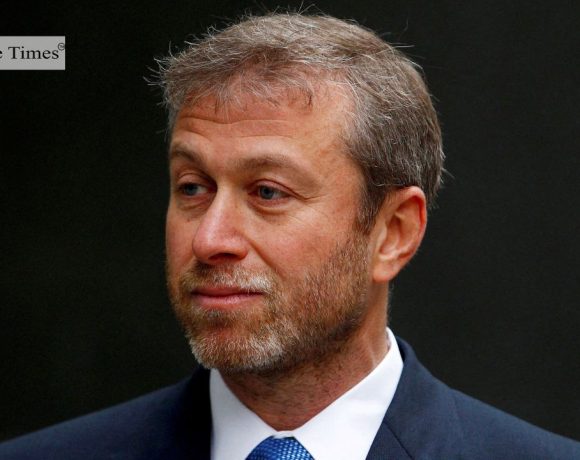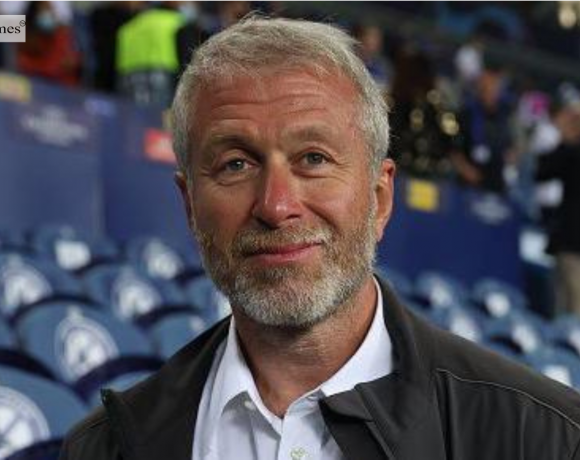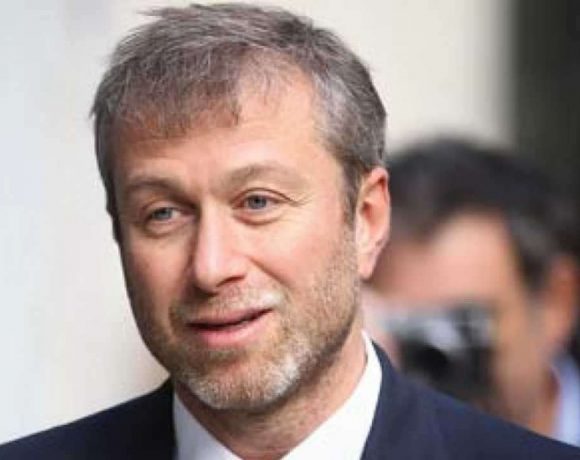
Russian billionaire Roman Abramovich has said that the ongoing criminal investigation launched by Jersey authorities in 2022 is “baseless and unlawful”, according to a statement from his spokesperson. Jersey had frozen $7 billion in assets linked to Abramovich as part of the probe, but his team now says no charges have been brought in more than three years, nor has any substantial progress been made in the case.
Abramovich’s spokesperson added that he has been permitted to file “claims of conspiracy” against the Jersey government. These claims allegedly stem from the government admitting to deleting data related to the investigation and failing to provide full disclosure regarding records connected to Abramovich. Jersey officials have not yet commented on these allegations.
A powerful figure who rose to wealth after the Soviet Union’s collapse and also holds Israeli citizenship, Abramovich remains a central figure in global financial circles. With Forbes estimating his net worth at $9.2 billion, the dispute with Jersey adds yet another layer to the legal and political scrutiny he has faced in recent years.
Pic Courtesy: google/ images are subject to copyright


